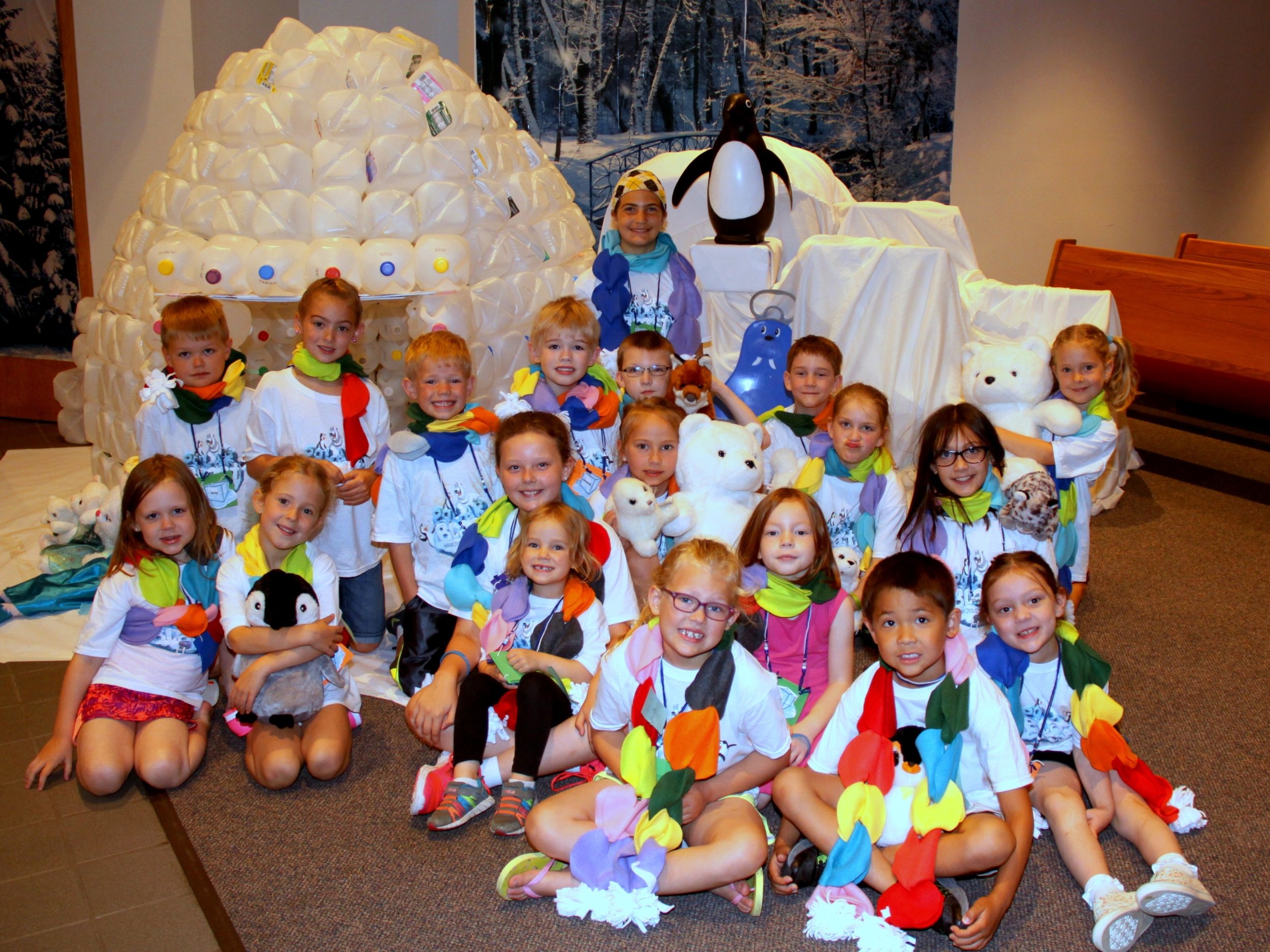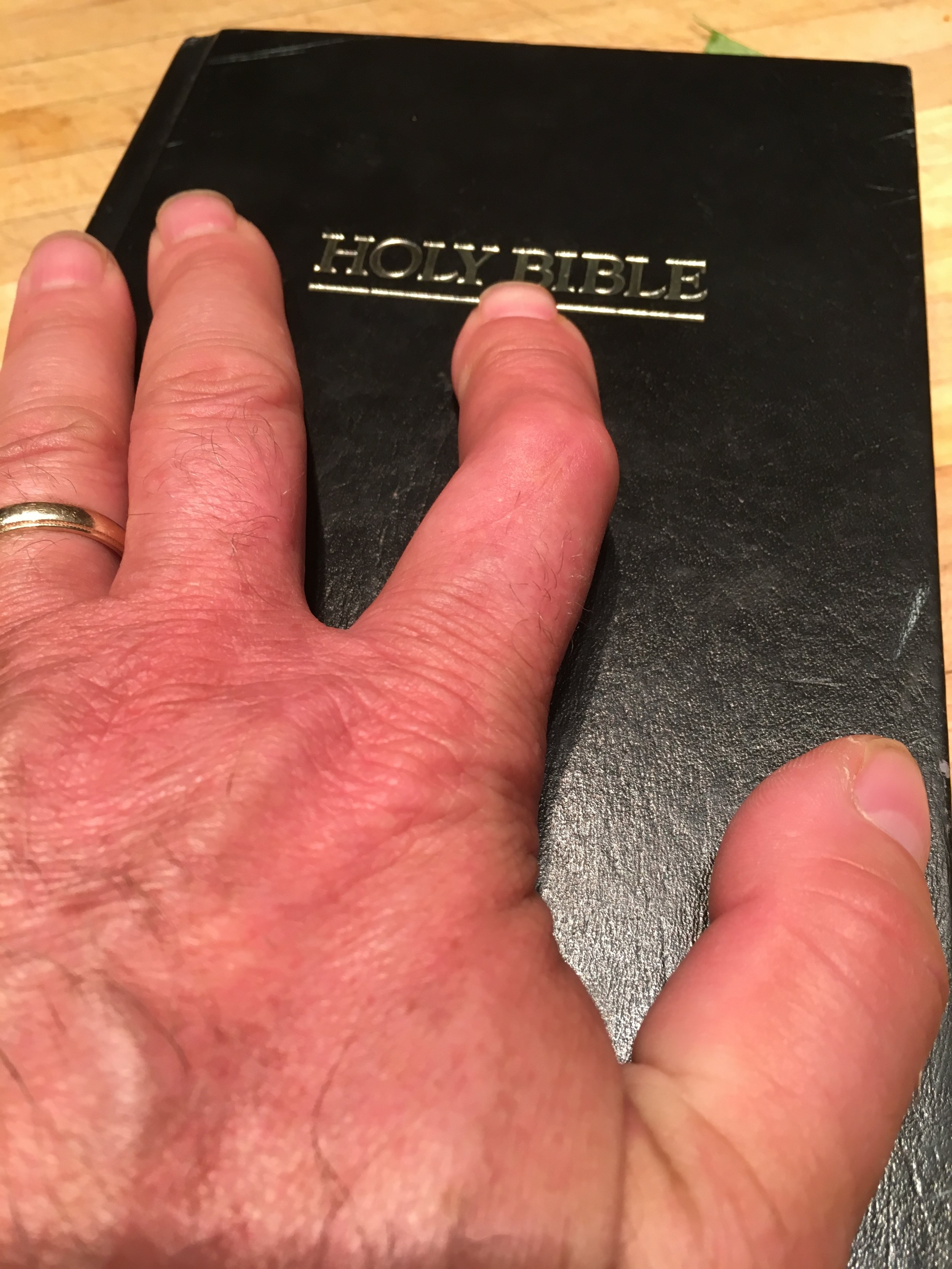In this sermon, based on Mark 4: 26-34, I look at the miraculous way that God's Kingdom is known among us. It is AS If someone scattered seeds by holding a neighborhood Vacation Bible School. The kingdom of God can also be compared to a tiny seed that will grow to provide shelter to birds. God's kingdom comes with great joy and it jumps into our lives and into the life of our church. It brings with it great potential. Sure it takes work, but when you look back on it, the work seems unimportant and certainly second to the miraculous work of the Spirit that takes over and makes things flourish. How might this spark our imagination for daily ministry? How might our hearts be opened so that they might consider impossible scenarios - like an insignificantly sized seed or crops left to grow on their own?
The Kingdom of God is near - full of love and grace - and able to bring about unimaginable peace and abundant joy. It also awaits our participation.
This sermon was originally preached on June 17, 2018 at the closing worship of Vacation Bible School - Polar Blast.




















